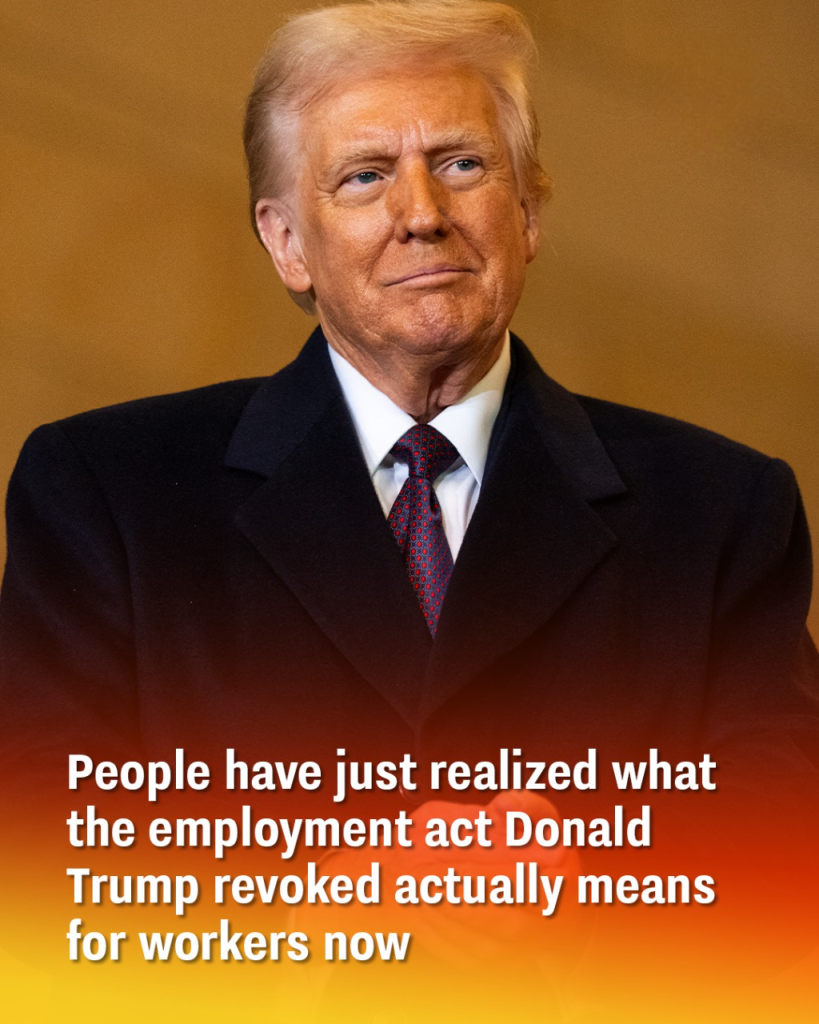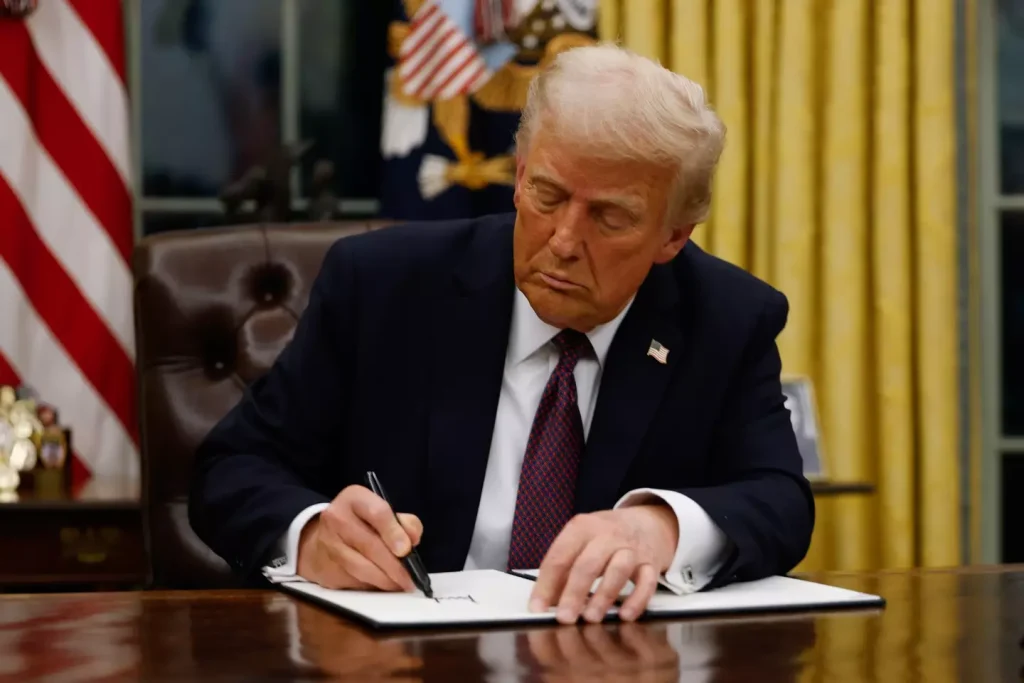
Some online discussions have started to interpret the implications of the employment act recently revoked by Donald Trump and what it truly means for workers.
After officially taking office on Monday, January 20, President Trump wasted no time settling into his new role.
Within hours of stepping back into the White House, Trump authorized 25 executive orders. Among them were decisions such as halting the TikTok ban, implementing changes to immigration laws, and asserting that there are “only two genders.”
However, one of the most contentious actions came on Tuesday, January 21, when he approved a proposal aimed at ending what he described as “radical and wasteful government diversity, equity, and inclusion” (DEI) programs.
The president has fast-tracked his initiative to dismantle DEI efforts, which involved revoking Executive Order 11246 from 1965. This move signals that DEI programs within the Department of Labor will be terminated “immediately,” and employees responsible for these programs may face paid leave, according to The New Republic.

The legislation was originally created to shield employees from workplace discrimination based on factors like race, color, religion, gender, sexual orientation, gender identity, or national origin.
Supporters have long maintained that it ensures equal opportunities for marginalized groups, including LGBTQ+ individuals.
However, Trump’s executive order seeks to prevent companies from making hiring decisions influenced by race or gender.
The directive states: “As a part of this plan, each agency shall identify up to nine potential civil compliance investigations of publicly traded corporations, large non-profit corporations or associations, foundations with assets of 500 million dollars or more, State and local bar and medical associations, and institutions of higher education with endowments over 1 billion dollars.”
The order has sparked significant backlash online. One Twitter user criticized it, saying, “Good for straight white males. Bad for everyone else.”
There has even been widespread public opposition urging that the order be reconsidered.

Basil Smikle Jr., a seasoned political strategist and policy advisor, shared his perspective, stating, “There’s this clear effort to hinder, if not erode, the political and economic power of people of color and women. What it does is opens up the door for more cronyism.”
On the other hand, not everyone opposes the changes introduced by Trump. Louisiana Senator John Kennedy, a Republican, expressed his viewpoint to USA Today reporters: “The best way to stop discriminating against people on the basis of race or gender is to stop discriminating against people on the basis of race and gender.
‘The truth is the American people don’t think about race or gender nearly as much as some folks in Washington want to pretend.”







